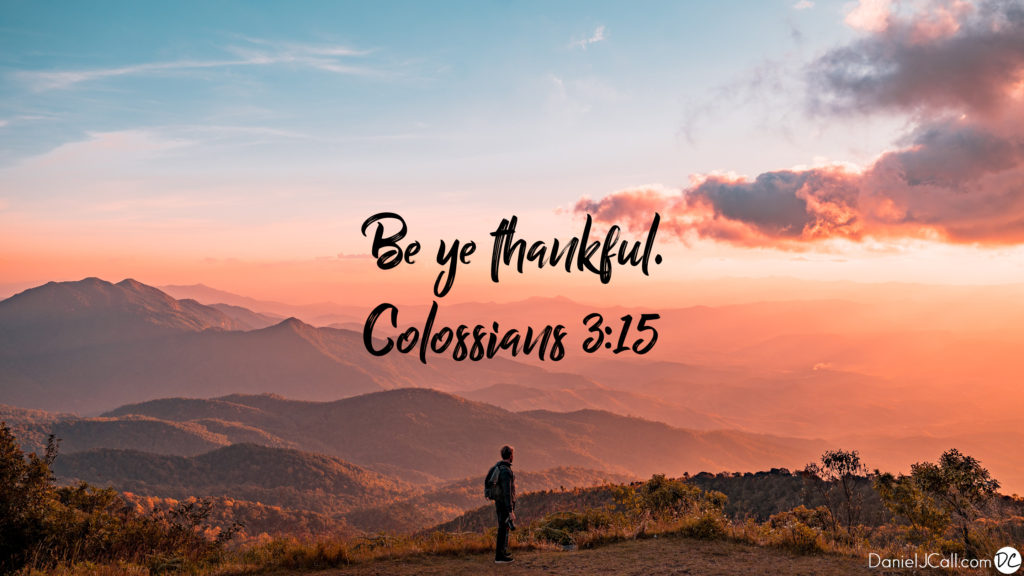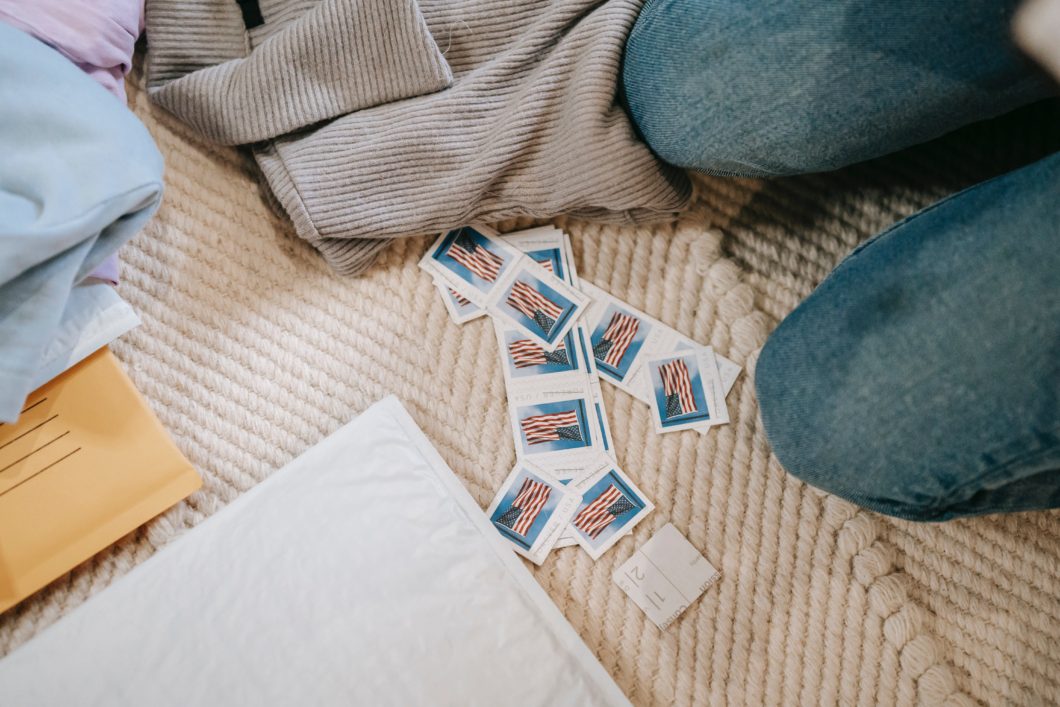Coming out of Thanksgiving I have been thinking about how important gratitude is. People are scarcely grateful when they have much to be grateful for. Today, we indulge in commonplace luxuries that just a few hundred years ago only kings would enjoy. Labor-saving devices give hours back to the average individual and recreational technologies provide countless ways to relax in the extra time. Advances in healthcare trivialize what historically had been the most fatal conditions. And of course, there is much to be thankful for in addition to these; we have families to treasure and our mere existence to cherish. The apostle Paul simply tells us, “Be ye thankful” (Colossians 3:15). We should always thank God first, but there are many others who deserve thanks as well. One thing I am extremely appreciative of is that my aunt taught me to write thank you cards since I could barely write passable English. Writing thank you notes is a lost courtesy we would do well to bring back, and one that would make use of the most underused product of the United States Postal Service: 58 cent letter stamps. I challenge people to find out how much 58 cents can really buy.

Our lives would all improve drastically if we just engaged in a little more gratitude. Giving thanks to God for what we do have makes us less troubled by what we don’t have. I’m not sure exactly how this happens—it does—but I imagine it’s like this; a photographer can focus on a subject to blur out unwanted objects as we can focus on gratitude to blur out undesirable thoughts. Maybe it simply comes down to overloading a limited amount of mental capacity with positive thoughts to a point where the mind is unable to entertain negative ones. Or maybe, it is God looking kindly on those who are thankful for what is given to them (as He does) and He is clearing their thoughts for them.

Being thankful and giving thanks are two different things. While the former is a personal contemplation, the latter is an action done towards others. Failure to acknowledge our blessings not only limits the potential for our own contentment, but also the positive effect we can be in the lives of others. It feels good to receive appreciation and when someone gives you something, shares their time, or shows you hospitality, you should thank them. A verbal thank you is a decent start, but if you take a few minutes out of your day you can improve your thanks with a well written note; the thank you note is so much more appreciated than the passing “thank you” that is often an expected formality. Send a thank you card when you have nothing to gain from it but the joy in seeing someone glow from appreciation and recognition. The pleasant surprise you give people should be reward enough, but as an added perk you will begin to see the personal and professional benefits a thank you card can generate.
Although we don’t like to admit it, we can all think of many people in our lives who we hold dear yet underappreciate. When the opportunity presents itself, use a thank you card to tell them how much what they did meant to you. I promise you, they will get more out of your thank you card than you will give to write it. People are usually glad they did something for you if you simply say thank you, so give them that small token of appreciation in a more meaningful way. Relationships (especially familial ones) are the most valuable resource you have and thank you cards give an opportunity to strengthen them.

When writing your thank you note there is some basic etiquette to be observed. First and foremost, be prompt. Don’t let so much time pass that the person receiving the note almost has to be reminded of what happened. Don’t wait a month or even a few weeks. I would say, mail it within five days. When penning your message, be thoughtful rather than trite or cliché, which detracts from your note. Furthermore, date the card so they can look back on it if they wish to. You may not have considered this—being new to the thank you note game—but people will save these because they are that rare and that worthy of treasuring. Finally, clean up your handwriting. Never make your card a chore to read. No one should require a Rosetta Stone to decipher your letter. This is really just good life advice. Pick out a font you like, copy it with any personalized variations, and practice it until you can write it legibly at a normal pace. There are enough adults who write like first graders and they’re lucky we type everything.

Thank you notes are so much more than a “thank you.” They are a gift in and of themselves. A person receiving your letter will have been given something more than they expected. In this digital world, tangible things are often priceless. Adding this practice to your life will bring tremendous joy to others, and that will make you feel good. Elevate your verbal “thank you” to a written one. We all know the saying “cash is king.” I’m adding a new one: “cards are king.” Write thank you cards.

If you liked this article and want to keep up to date with future posts, you can sign up for my newsletter below. I promise I won’t blow up your inbox.
